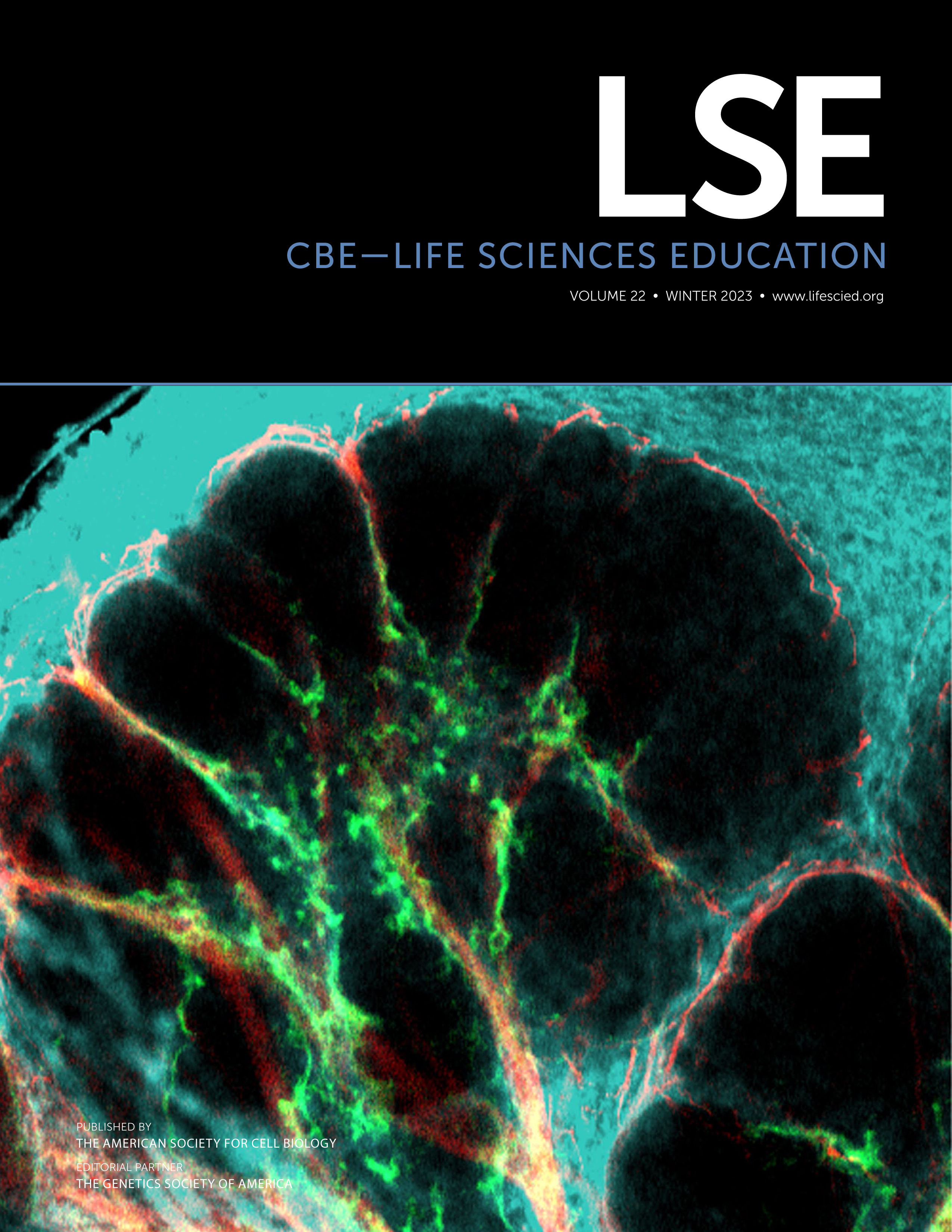Relevance of Science, Conceptualization of Scientists, and Contextualized “Failure” as Mediators in the Development of Student Science Identity
Abstract
The Research Experiences in Marine Science (REMS) Program is a Hawai’i place-based CURE (course-based undergraduate research experience) for late high school and early undergraduate students wherein students conduct independent research that draws upon the history, culture, and ecosystem of their local communities. In addition to providing meaningful access to marine science education and training, REMS addresses a fear of failure expressed by students who view their culture and personal identity as incompatible with undergraduate science pathways. Data about student attitudes toward and conceptualizations of science and scientists were collected through pre- and postprogram open-ended survey items, Draw-a-Scientist Tests, and postprogram interviews. Results suggest the combination of place-based elements and an authentic research experience shifted students’ conceptualization of scientists to a “humanized” construct. The emergence of this theme coincided with students recognizing themselves as scientists, gaining confidence in content understanding and research skills, increasing interest in science as a career pathway, and recognizing how science affects their communities. This study demonstrates how a CURE that emphasizes the cultural relevance of science, an inclusive conceptualization of a “scientist”, and contextualized role of “failure” in science, may contribute to historically marginalized students recognizing themselves as scientists and ultimately persisting in science careers.



